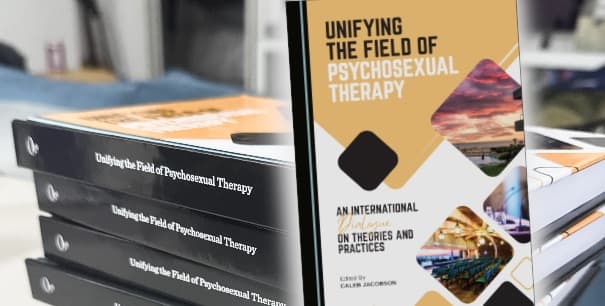Adult Autism has many Strengths
A recent visitor to our YouTube channel, @eveadame1059, shared this list from My ASD Child with me and I want to highlight some of the positive traits people with autism often overlook as character strengths that can change the world for the better. I’ve reordered and lightly edited the list.
- are able to easily forgive others,
- are conscientious, reliable, and honest
- are free of prejudice
- are not inclined to lie to or steal from others
- have no interest in harming others
- are less inclined to be fickle or bitchy than their neurotypical counterparts
- are not likely to be bullies, con artists, or social manipulators
- are unlikely to launch unprovoked attacks, verbal or otherwise
- are often untainted by the judgments that people often make regarding one another’s social position or social skills
- are very accepting of the quirks and idiosyncrasies of others
- can be selective, choosing honest, genuine, dependable people who share their interests
- can relax and be themselves without fearing social censure
- don’t attack the reputations of those around them
- don’t discriminate against anyone based on race, gender, age, or any other surface criteria
- don’t force others to live up to demanding social expectations
- don’t have hidden agendas or play head games
- don’t take advantage of other’s weaknesses
- don’t usually recognize hierarchies, and so are unlikely to give someone superior status simply because that person is wealthy or has attained a high position in an organization
- have high integrity
- judge people based on their behavior— not the color of their skin or socioeconomic status
- have values that aren’t shaped by financial, social, or political influences
- are enthusiastic and have a propensity for obsessive research, thus developing a broad and deep base of knowledge in subjects of interest
- are intelligent and talented
- are more likely than those of the general population to pursue a university education
- are persistent, and when they set their minds to something or make a promise, they can usually be trusted to follow through
- bring a highly original perspective to problem solving
- can bring up a variety of interesting facts
- can listen to people’s problems and provide a fresh perspective, offering pure assessments based on the information provided
- can recall fine details that others miss
- loathe small talk and trivialities, preferring instead to talk about significant things that will enhance their knowledge base
- stick to their positions, even in the face of intense social pressure
- like to spend time alone and are perfectly capable of entertaining themselves
- will not go along with the crowd if they know that something is wrong
- have a good work ethic
- have a lot of passion when engaging in activities they like
- have a tendency to adhere to routines
- have above-average intelligence
- have an acute sensitivity that supports creative talents
- have exceptional memories
- have extreme endurance
- make very good employees if able to control their pace and work within either a solitary or socially supportive environment
- pay attention to detail
- tend to become proficient in the technological media required for lucrative employment in the “information age”
I see so many of these positive qualities in so many of the autistic people I work with. Next time you’re feeling the world doesn’t value what you have to offer, give this list a read and rediscover how many qualities you embody.







